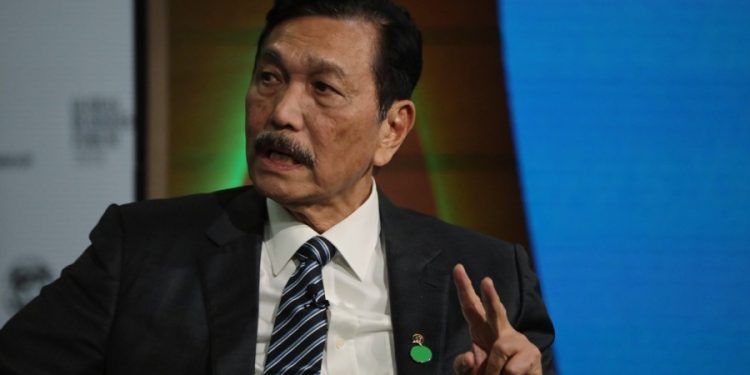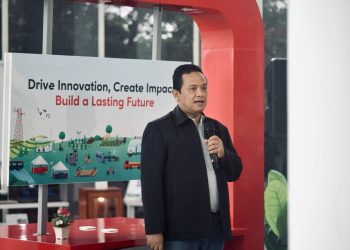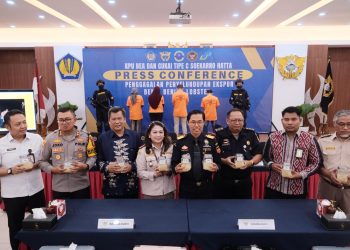Jakarta, Indonesia Sentinel — Indonesia is set to transform its governance and business environment by leveraging cutting-edge technologies like Artificial Intelligence (AI) and big data. These innovations aim to enhance transparency, streamline administrative processes, and improve compliance, making Indonesia a more competitive player in the global economy. Coordinating Minister for Maritime Affairs and Investment Luhut Binsar Pandjaitan outlined the multi-pronged approach to these initiatives, highlighting their potential to revolutionize how citizens and businesses interact with government systems.
Linking Compliance with Essential Services
One of the pivotal changes involves integrating tax compliance with access to essential public services. This means that individuals with outstanding tax obligations may face restrictions in conducting administrative activities, such as obtaining passports or renewing business licenses.
“For example, you won’t be able to process your passport if you haven’t paid your taxes. It could extend further, where renewing your business license becomes impossible due to unresolved obligations,” Minister Luhut explained.
This approach is designed to enhance accountability and ensure that individuals and businesses meet their financial and legal responsibilities. By tying compliance to critical services, the government aims to improve tax collection and foster a culture of accountability.
Enhancing Business Licensing with AI
A major focus of the government’s strategy is improving the ease of doing business, particularly for small and medium enterprises (SMEs). As part of this effort, the Online Single Submission (OSS) system, a centralized platform for business licensing, will undergo a significant upgrade.
“The improved OSS system will foster the growth of small and medium enterprises (SMEs) and attract more direct investments,” Luhut said.
The upgraded OSS will integrate AI and big data to provide a faster, more transparent experience for businesses. By reducing bureaucratic red tape and increasing efficiency, the system aims to attract both domestic and foreign investors while enabling SMEs to thrive in a competitive market.
Transparency Through Technology
Beyond administrative efficiency, AI and big data are seen as critical tools for fostering transparency and reducing corruption. The technologies will enable the government to create systems that are fairer and more accountable, eliminating bottlenecks and ensuring public trust.
“With AI and big data, we can build a more transparent Indonesia. This system is being continuously developed, and it will truly transform the country,” Minister Luhut stated.
The government’s vision includes integrating these technologies across multiple sectors to enhance governance and improve public services. By doing so, Indonesia seeks to position itself as a forward-thinking nation that embraces digital transformation to address long-standing challenges.
HMPV Not a New Virus, Indonesia Health Minister Explains
Encouraging Research and Development
In addition to administrative reforms, the government aims to boost innovation by promoting research and development (R&D). Advanced technologies like AI and big data will play a role in fostering a knowledge-based economy, where data-driven insights inform policy decisions and business strategies.
By encouraging R&D and creating an ecosystem that supports innovation, Indonesia hopes to build a sustainable future that balances economic growth with transparency and efficiency.
A Broader Vision for Modernization
The integration of AI and big data into Indonesia’s governance reflects a broader commitment to modernization. These efforts are not limited to administrative improvements but extend to reshaping how the country operates at all levels. From enhancing public services to fostering an investor-friendly environment, Indonesia’s strategy underscores its ambition to emerge as a global leader in governance and innovation.
(Becky)


























